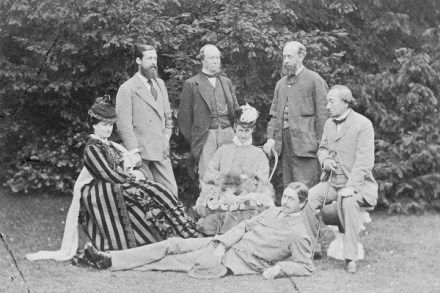Opera review: Longborough’s tiny stage takes on the Ring – and wins
OperaThere are no two ways about it: Wagner’s Ring cycle, the biggest challenge that any opera company can face, has been mounted with triumphant success in Longborough, and now presumably has been laid to rest. Nine years ago, at the Cambridge Arts Theatre, I saw the first attempt to stage it, in Jonathan Dove’s drastically





















